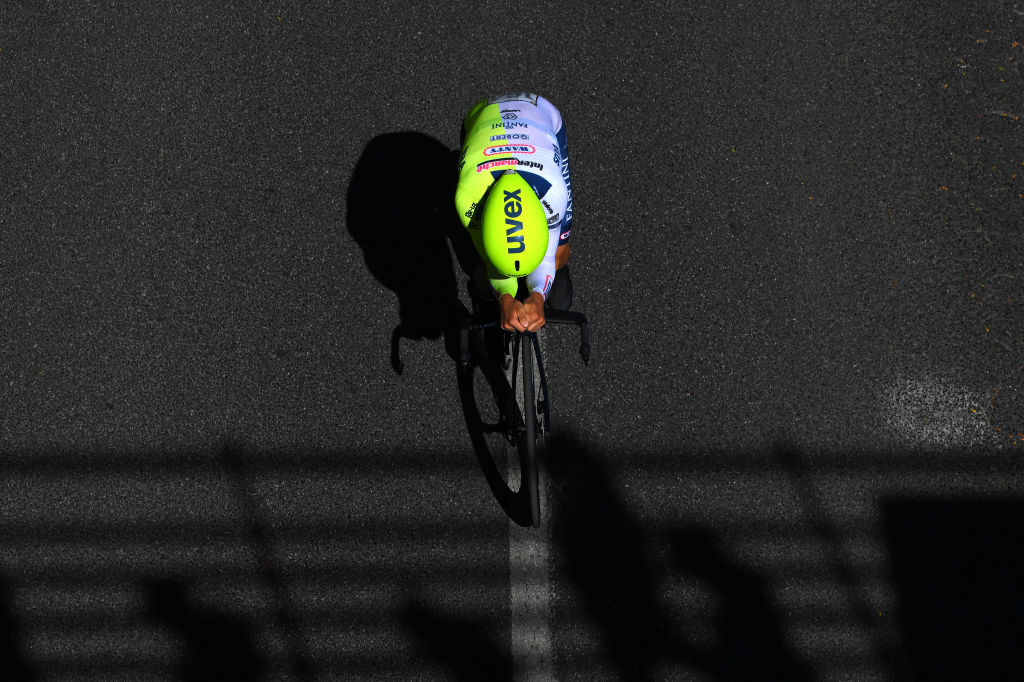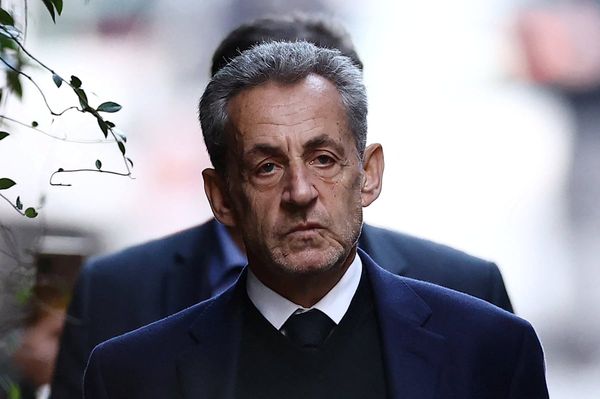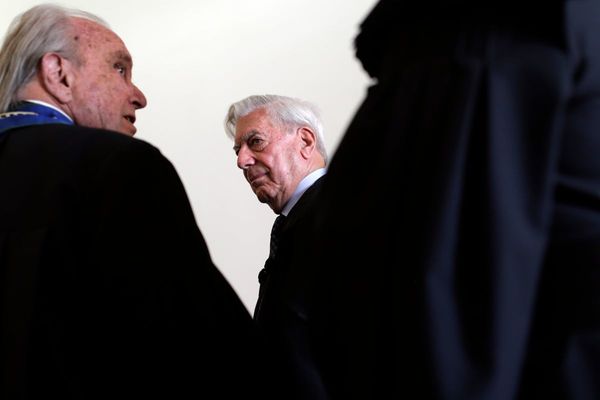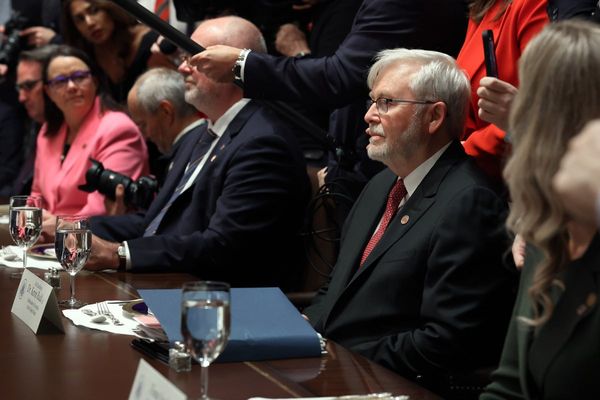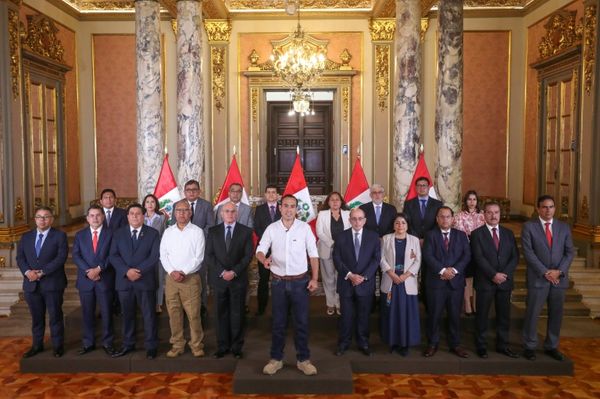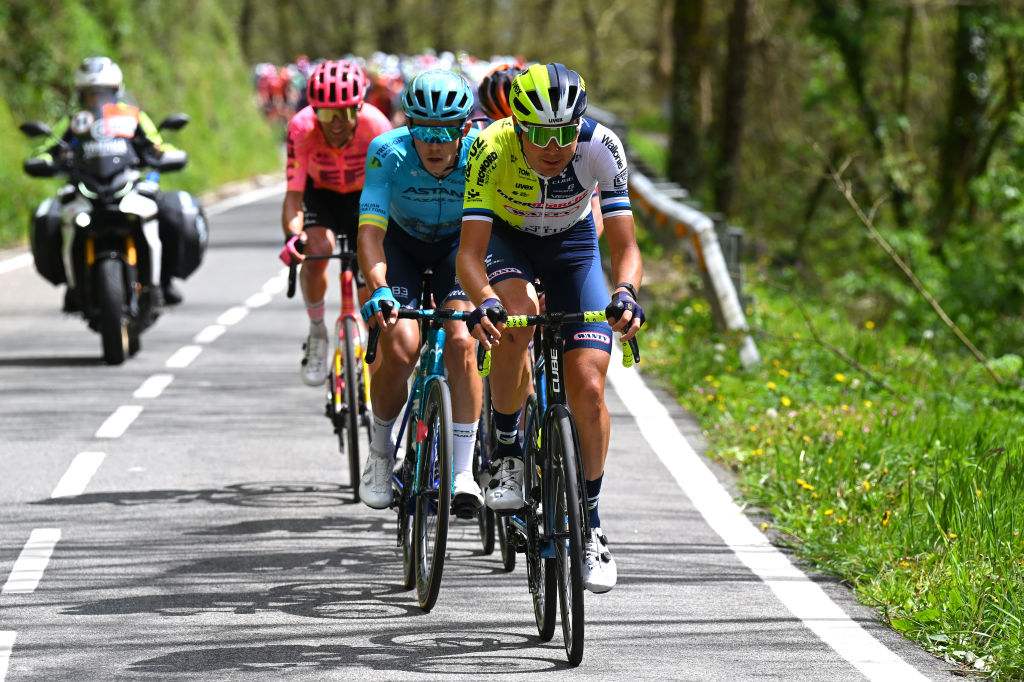
Every late autumn in cycling it is the same - a fresh wave of professional riders retire and have to find their way of adjusting to their new employment status and a post-career life. But for someone like Rein Taaramäe, who is leaving the WorldTour at age 37, retirement isn't an option he's contemplating yet.
Coming to the end of 16 years at WorldTour and ProTeam level, Taaramäe already has victories in the toughest stage of the 2016 Giro d'Italia, two stage wins and a spell in the lead in the Vuelta a España, eight Estonian national time trial championships titles and two more from the road, plus a string of more minor triumphs to feel proud of achieving. He was the first ever Estonian leader of the Vuelta a España and one of his red leader's jerseys is currently in pride of place in a sports museum in Estonia as a result.
But Taaramë's 'retirement' plan is simple: postpone it for now, and keep on racing at a much lower pro level on the other side of the planet in a completely different racing and cultural environment.
As of January 1, 2025, Taaramäe - who is about to take part in his last-ever event for his current team Intermarché-Wanty at the Tour of Guangxi - will be racing for the small but long-standing Japanese Continental squad Kinan.
This is not an impulsive move. Rather, the idea of racing in the Far East has been at the back of his mind for a long while, Taaramëe told a small group of reporters at the Vuelta a España. In July, he managed to ink a deal that made the idea a reality.
"For many years, I thought I wouldn't finish at this [WT] level, because I want to experience something new so Asia was something in my mind," he said.
"I once did the [post-season] Saitama criterium and the Japan Cup and I was so impressed at how many fans there were on the roadsides. In the Japan Cup there were more fans there than in Europe."
To his surprise, Taaramäe added, he found he had a following amongst Japanese fans. "I even saw Estonian flags, and my photos… I found out that the fans there pick riders everywhere, they start to follow them and send them letters. I've received many letters over the years from Japanese fans. And I saw that people really respect cyclists, too."
Taaramäe started digging deeper into Japanese culture and liked what he found. "Over the years, I learned that Japanese culture is quite strict, if they say something they are serious about it, they don't say something and change their minds two days later or something. So I like their honesty."
He also had the impression that in Japan there is a level of social responsibility which is disappearing in Europe. "Every time I go on the metro [public transport] in Europe, it's a big mess;" he says. "But in Japan, people wait in line and it's quite impressive. I like this."
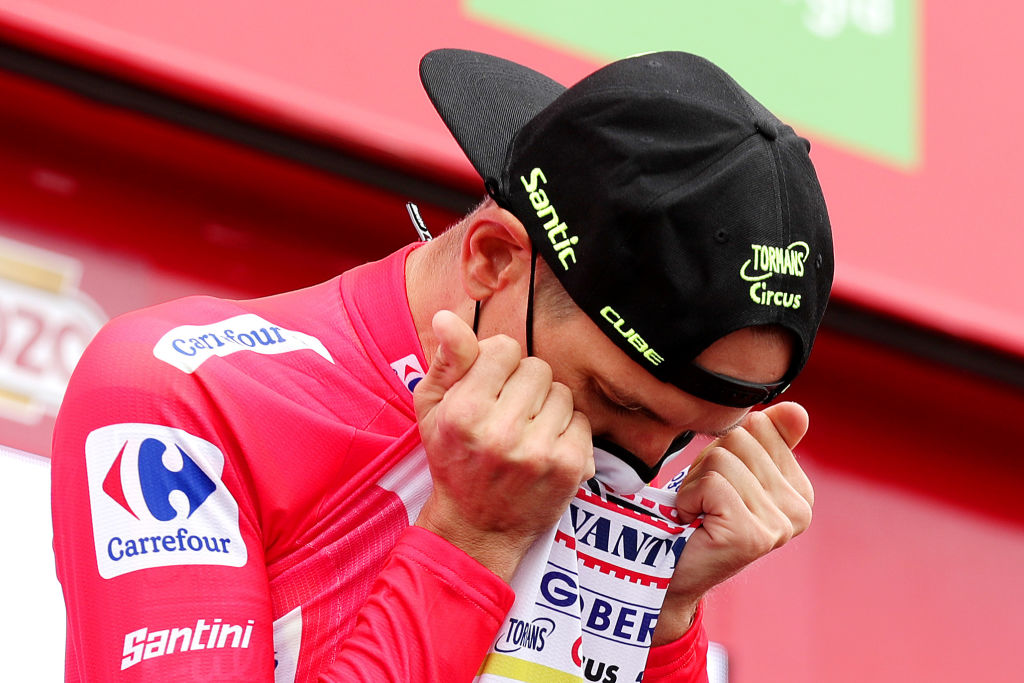
Time to move on
Impressed by both the lifestyle and the racing scene in Japan, Taaramäe started looking for a squad. The more he saw of Japanese teams, the more he liked what he found, but Kinan made the biggest impact on him of all.
"I think in cycling teams [in Japan] it can be quite safe, I can trust them," he says. "I know that in many Asian teams, you sign contracts but you never know what is your next race is, they don't support you. You don't even know if you will have a bike or salary.
"But I wanted to go to Asia to enjoy myself, and getting that enjoyment means it has to be with a serious [trustworthy and well-organised] team."
So he checked out Kinan's history, he said, and had a hard look at the sponsor's credentials, talked to riders and team members and found that they were very satisfied with their employer. He was also pleasantly surprised to see that Kinan's interest in the sport isn't just about having their name on a team jersey. "I found out that the sponsors also organise races, too. That doesn't happen that often."
Kinan have a long history of hiring foreign riders. Backed by the same construction company based in Wakayama on the southerly side of Japan's main island, Honshu, since 2015, former racers for the team's dozen-strong lineup have included an ex-Slovenian National TT Champ, Gregor Gazvoda, and a one-time Junior World Championships silver medallist, Australian Wesley Sulzberger. This year's lineup included veterans Raymond Kreder (Netherlands) and Thomas Lebas (France) as well as Australians Drew Morey and 2024 Oceania Continental Road Race Champion Ryan Cavanagh.
Taaramäe wasn't just encouraged to sign by the team's past, he also liked the people working there in the present, and as he said, after meeting the lead sports director, Tetsuya Ishida, "he made a really strong impression and actually it was quite easy to decide."
"We had an initial contact in early June and I gave my final agreement at the end of July. But we already had a final agreement after a couple of weeks and actually I was ready to sign by the end of June.
"Then I said OK, let me think things over for a month and even after that month it was still easy to decide. I was still sure I wanted to go there and they also still wanted me. So that's how it happened."
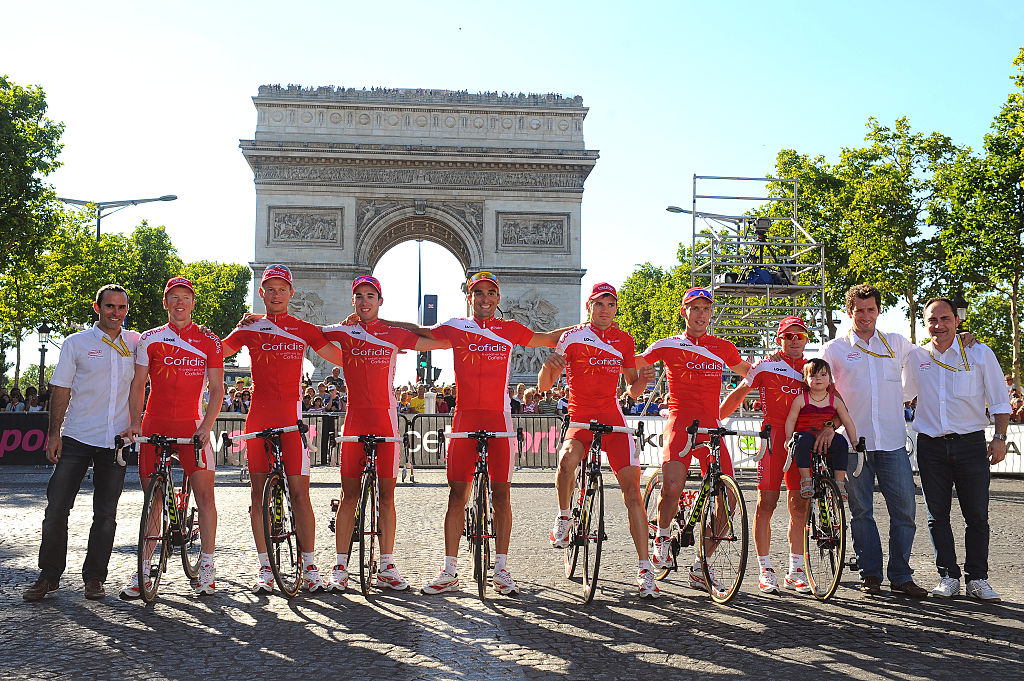
Life off the bike
The question of continuing to race as a pro after 16 years is one which also has major effects on family life, Taaramäe recognises. But he still hasn't lost his competitive edge and the considerable drop in race days numbers also made it an easier 'sell' at home, he said.
"It was not super complicated. My wife always wanted me to be at home more, but she already knew that I was born to be a bike rider and that I wanted to continue racing until I was old," Taaramäe commented.
"She thought I might continue racing at a high level. But we saw that it was going to be getting harder and harder at this [WorldTour] level. It would be better to go somewhere where I can enjoy it more, where the level is not quite so high and I can discover new things.
"She was fine with this because now I race 80-100 races a year, but next year I'll do 40 races, so I'll be even more at home. She respected my choice and it was a little bit easier for us, too, because we don't have kids. So I don't have kids to miss me right now."
The drop in race days will have another benefit as well - it'll give Taaramäe a chance to explore new culture and new areas of Japan. He has visited Saitama in the end-of-season criterium and stayed there for a week afterwards, but for both of them, living down south in Wakayama will be a whole new experience.
"For me, I'm not just looking forward to the competition there," he explains. "I also just want to stay there, ride around and see places there and also experience a little bit of life off the bike."
Whether Taaramäe and his wife set down deeper roots in their country of adoption remains to be seen. But both as a way to elongate his life as a racer while providing an opportunity to get to know a completely new culture without too much pressure, that sounds like too good a 'non-retirement' opportunity to miss.
